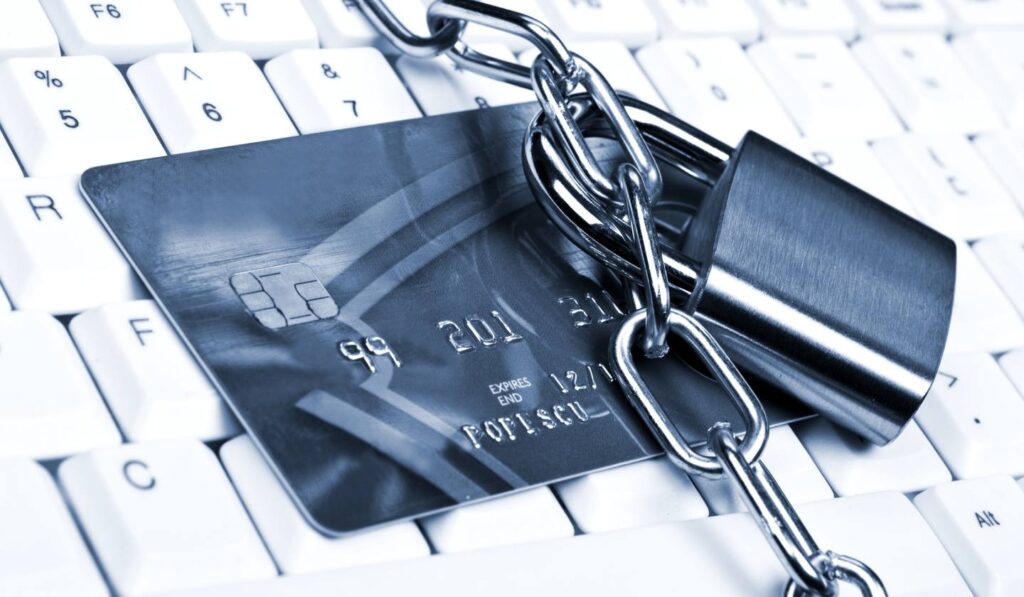Consumer Protection
Military members and their families are prime targets for scammers, so learn more about safeguarding your personal information and finances.
Wouldn’t it be great if every scam or fraud attempt came with a convenient “decline” button, just like on your cell phone, to instantly protect you from financial harm?
Unfortunately, in the real world, it takes awareness, vigilance, and strong consumer protection measures to stay one step ahead of scammers.
Learn more about your legal rights and the preventative actions you can take to protect yourself from becoming a victim.


Frequently Asked Questions
Military consumer protection refers to the laws and regulations in place to safeguard Service members from financial exploitation by scammers and unscrupulous organizations. It’s designed to protect you and your family from fraud, predatory lending, and unfair business practices.
Studies have shown that Service members and their families are often targets of unscrupulous businesses and are even more susceptible to scams and fraudulent activities than civilians. Safeguarding against such threats can protect your financial well-being and safety, empower you to make informed decisions about products and services and enable you to have peace of mind so you can focus on the mission.
There are many reasons Service members are at an increased risk of fraud. Steady income, military benefits and entitlements and their transient lifestyle are some of the main causes.
Identity theft is when someone uses your name, address, Social Security, bank or credit card accounts, or other personal information without permission to open accounts, steal your money or commit fraud or other crimes in your name for financial gain.
There are several proactive measures you can take to prevent identity theft.
- Reduce access to personally identifiable information such as social security number, driver license, etc.
- Don’t share personal information with third parties until you confirm their legitimacy.
- Shred documents with personal information.
- Review your account activity regularly to quickly spot suspicious transactions.
- Create strong and unique passwords and change them frequently.
- Be cautious of public Wi-Fi networks.
- Check your credit reports regularly.
- Take advantage of the free credit monitoring offered by the credit reporting agencies.
- Consider getting an Identity Protection Personal Identification Number through the Internal Revenue Service (IRS).
Some important steps to take if you’ve been a victim of identity theft include:
- Immediately notify your financial institution and close any fraudulently opened accounts.
- Notify the three major credit reporting agencies – Equifax, Experian, and TransUnion.
- Place a fraud alert and credit freeze on your account.
- File a complaint with the Federal Trade Commission (FTC) at idenitytheft.gov and make a recovery plan.
- Stay vigilant and continue to monitor your accounts, credit reports and mail.
The SCRA is a law designed to provide legal protections and financial relief to Service members, including those in the Reserves and National Guard, during active duty. The Act provides a variety of benefits that help ease financial, civil, and legal burdens brought on by military service. One of the key protections it offers is limiting the interest rate on certain pre-service debts to 6%.
The Military Lending Act (MLA) is a federal law that is designed to help protect Service members and their families from predatory lending practices. It provides safeguards when obtaining certain types of consumer credit. Protections under the Act apply to active-duty Service members, Guard and Reservist on active duty for 30 days or more, and covered dependents of protected Service members.



